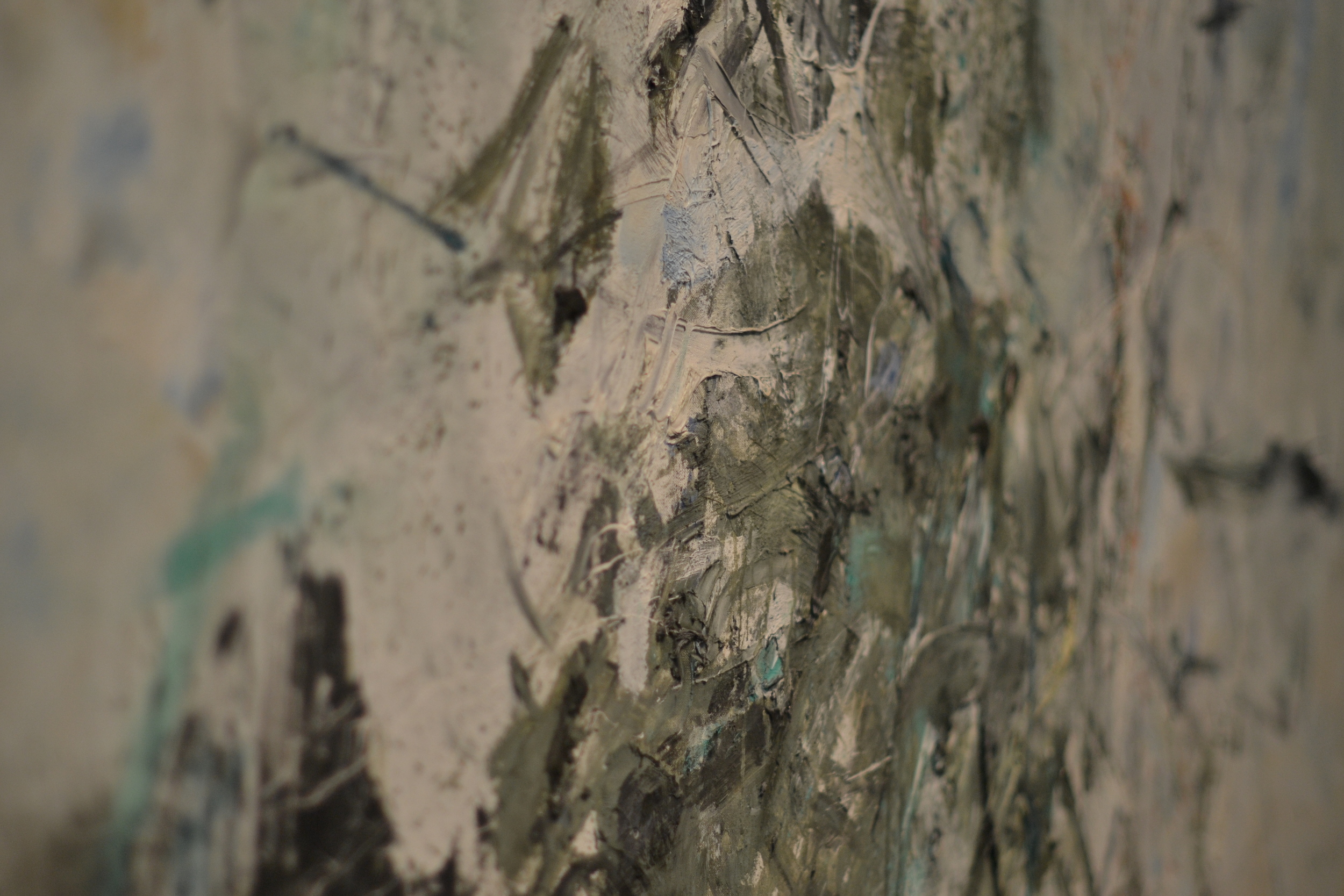About two months ago, I guest-taught the music department's seminar for first-year TAs. This was the presentation that produced my blog entry, "10 Tips for Designing Multimedia Assignments," which arose from a handout I made for the session. But the seminar also included a brief presentation designed to get discussion going. It was mostly concerned with my own musings on what role the Digital Humanities might play in the life of graduate students/TAs. In a larger, meta-disciplinary sense, the talk was concerned with the relationship between digital humanities as a scholarly field, and the use of technology in classroom teaching. I'm especially interested in the particular brand of digital pedagogy with which publications like Hybrid Pedagogy are concerned: that is, the critical use of digital tools in the classroom, and the relationship between those tools and the larger forces at play in contemporary higher education.
I delivered my talk off-the-cuff, but I'm going to re-construct a bit of it here online, in the form of a couple of blog posts. Hopefully, taken together, they can also serve as a concise intro to DH in a mostly musical context.
***
Concisely defining the field of "digital humanities" is sort of like trying to define music: everyone has their own ideas and their own pithy little phrases (think of Varese's famous "organized sound"), because the topic at hand is so sprawling, and means different things to different people. The many meanings of DH have even spawned the website whatisdigitalhumanities.com, which lists a new definition on every refresh. I'd like to tackle this definitional challenge very briefly by historicizing it, because, well, old habits die hard.
The discipline we know as digital humanities has a long history. It was known, for most of its existence, as "humanities computing," and it has existed for nearly as long as computing itself. ENIAC was brought online in Philadelphia in 1946, and the Italian Jesuit Roberto Busa began what is commonly considered the first humanities computing project--a massive concordance of the writings of St. Thomas Aquinas--in 1949. [2]
We have to jump all the way up to 2001 to find the origins of the current moniker. In his contribution to Debates in the Digital Humanities, Matthew Kirschenbaum quotes John Unsworth at length:
The real origin of that term [digital humanities] was in conversation with Andrew McNeillie, the original acquiring editor for the Blackwell Companion to Digital Humanities. We started talking with him about that book project in 2001, in April, and by the end of November, we'd lined up contributors and were discussing the title, for the contract. Ray [Siemens] wanted "A Companion to Humanities Computing," as that was the term commonly used at that point; the editorial and marketing folks at Blackwell wanted "Companion to Digitized Humanities." I suggested "Companion to Digital Humanities" to shift the emphasis away from simple digitization.
None of this, so far, is all that new; histories and origin stories of Digital Humanities can be found in essays by Kirschenbaum, Meredith Hindley, Matthew Gold, and others. I raise this point because one of the things that I'm interested in is the significance of the label "digital humanities." What work is being accomplished when we call something--or do not call something--DH? There's a lot at stake in how we answer this question -- not only (inter)disciplinary agendas and the (in)visibility of various kinds of work, but also actual grant money and academic positions, which seem increasingly to list "digital humanities" among the preferred areas of interest for potential new faculty members. This blog series represents my attempt to dissect the uneasy feeling I have that, while DH is, in many ways, a "big tent," its re-branding in 2001 by the Blackwell crew, and the recent proliferation of books and articles that define its terms, are both potentially exclusionary and presentist gestures that define only certain, recent forms of research as DH. We thus need to question the work that this label is doing at every turn, and continually ask ourselves about the significance of labelling something--or not labelling something--as a part of the digital humanities.
I'll close this introductory essay by laying out my other thesis--the more positive one, since I'm currently trying to make my academic work reparative rather than paranoid. My favorite definition of the digital humanities comes from Kathleen Fitzpatrick, who calls DH
a nexus of fields within which scholars use computing technologies to investigate the kinds of questions that are traditional to the humanities, or ... ask traditional kinds of humanities-oriented questions about computing technologies.
I like this definition because it draws together two separate aspects of the field in a way that I find compelling: DH, for Fitzpatrick, is both the use of technology, and the study of technology itself. It draws together Franco Moretti's "distant reading" (the former) with MIT's Platform Studies book series (the latter). More importantly, I'd like to suggest that this definition of DH highlights an affinity which I find absolutely essential: the connection between the research practices of the digital humanities, and the critical use of digital technology in the classroom. The thoughtful use of technology in the classroom encompasses both an appreciation of the kinds of teaching moves that certain technologies make possible, and a keen and critical--in other words, humanistic--awareness of the cultural implications of those technologies: the economic forces that made/make them possible, the cultural implications they inevitably carry, the sociological structures they reinforce or deconstruct. In this way, as I'll explore in this series of short blog posts, the two halves of Fitzpatrick's definition come together: digital pedagogy becomes a space in which technologically-aided humanities work meets with humanistic work on technology.
___
[1] Special thanks to @kellyhiser for this link! Her excellent talk at Harvard today inspired me to actually do something with this old draft blog entry.
[2] Notice that the journal linked here, Computers in the Humanities, was already in its 14th issue by 1980.

